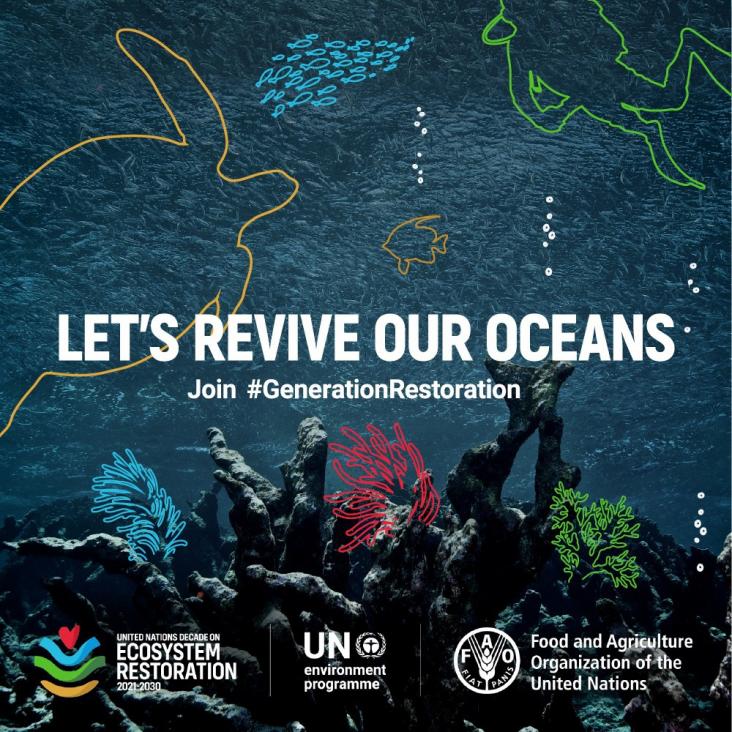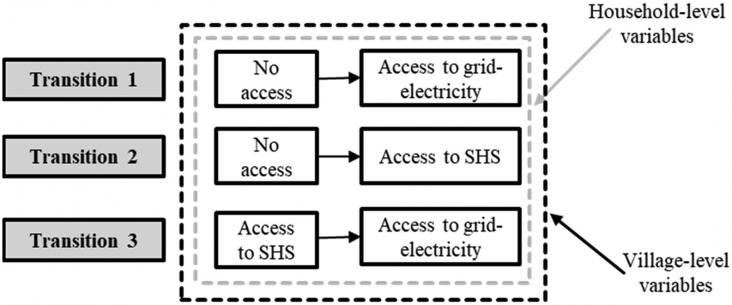
World Environment Day is the most renowned day for environmental action. Since 1974, it has been celebrated every year on June 5th, engaging governments, businesses, celebrities and citizens to focus their efforts on a pressing environmental issue. To mark World Environment Day 2021, Elsevier presents a curated list of free access journal articles and book chapters in support of this year's theme - Ecosystem Restoration.
Elsevier’s new video series features short interviews with research leaders on topical issues for universities. In these episodes, speakers discuss how universities are accelerating progress towards the UN SDGs.
The health impacts of the climate crisis demand that health systems adapt their practices and mitigate their carbon emissions. Contributing to SDGs 4, 11 and 13, this article argues that health services and policy research (HSPR) is crucial for the transformation of these systems.
This book chapter advances SDGs 13 and 15 by reviewing case studies of how landscapes respond to contemporary and future environmental change.
The goal of this review is to highlight the implications of climate change on the health of Karachi residents and actions which need to be undertaken for the betterment of future environmental policies.

This paper explores how environmental activism is linked to two forms of environmental social identity (identifying as part of nature and identifying as part of a collective struggle to protect the environment), and how that relates to observable forms of environmental activism.
An improved understanding of public support is essential to design effective and feasible climate policies for aviation.
Background: In 2020, human society underwent several drastic changes due to the coronavirus disease 2019 (COVID-19) pandemic, which generated an unprecedented global impact.
The clown anemonefish (Amphiprion ocellaris) is a common model species in studies assessing the impact of climate changes on tropical coral fish physiology, metabolism, growth, and stress.

This paper presents an analysis of the path towards a clean energy transition in rural areas, from the time that households do not have electricity access from any source, to when they get access t
